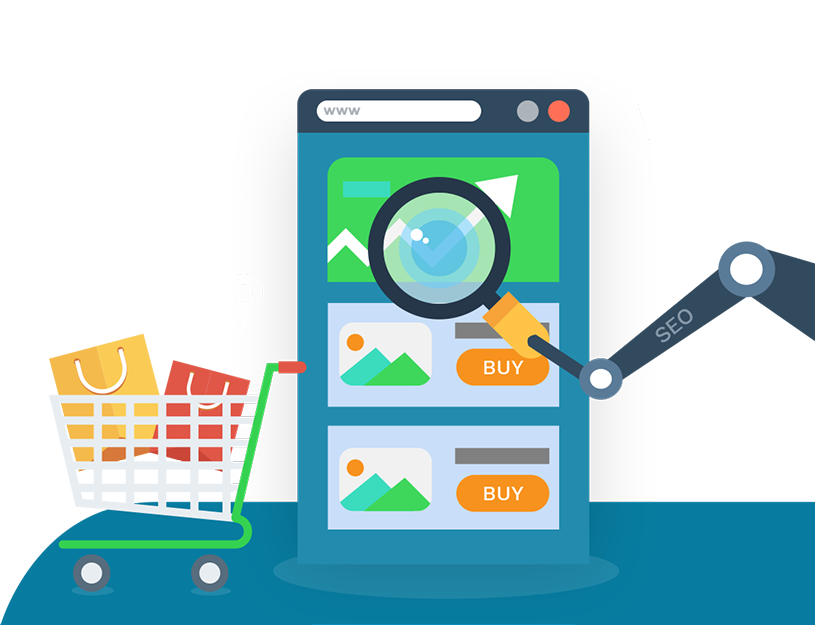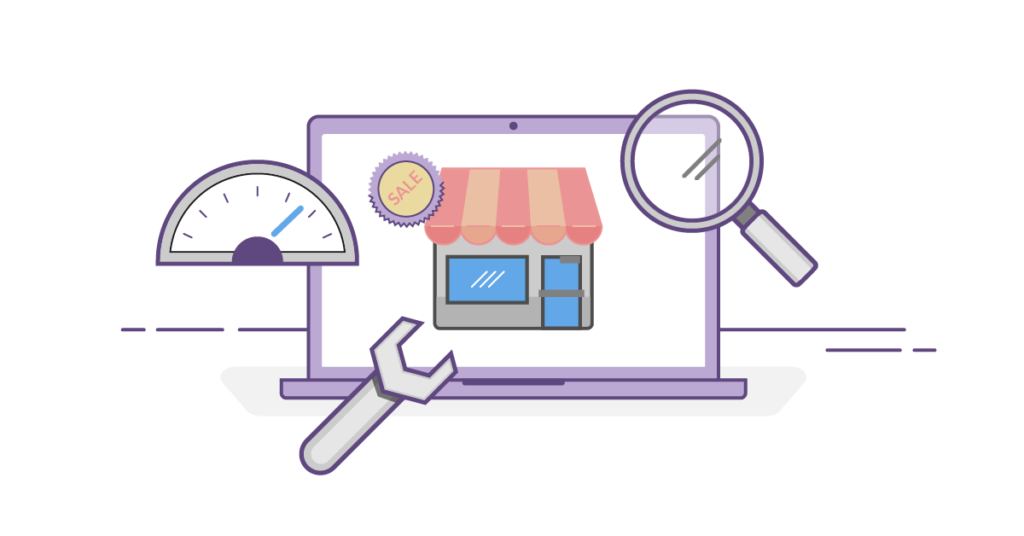
3 Questions To Ask Before Picking An ECommerce Platform
Behind every successful Ecommerce website is an Ecommerce platform that creates it possible for the business to manage content
There are many on the market today to settle on from, so it are often difficult to understand which one is true for you.
If you’re trying to make a decision which Ecommerce platform to use or preparing to modify to a different that better fits your needs, use this to assist guide the decision-making process.
1)What Kind Of Products Are You Selling?

3 Questions To Ask Before Picking An ECommerce Platform
There’s an large difference between selling digital products and physical ones, and there’s an enormous difference between selling to finish consumers and selling on If you’re selling digital products, you would like a system which will make it easy to automate product delivery emails and provides you the choice to limit the amount of times the media you’re offering to buyers are often accessed or downloaded.
2)Which Pricing Model Is More Affordable?

4 Questions To Ask Before Picking An ECommerce Platform
3)Are You Hosting The Store Yourself?

4 Questions To Ask Before Picking An ECommerce Platform
You have the choice to settle on between a self hosted platform where you source your own server from a hosting company
This could be the most important differentiating factor for all of the varied sorts of ecommerce platforms on offer today.
so you’ll make certain your website is usually up and running. You’ll also want to understand what quite security measures they fancy protect your website from hacks, and the way frequently they save backups.
4)Is It SEO Friendly?

4 Questions To Ask Before Picking An ECommerce Platform
If you don’t have control over various SEO elements, like schema, xml sitemaps, page titles and meta descriptions, then you’ll have a harder time ranking the shop in search engines, which is significant to your overall success.
